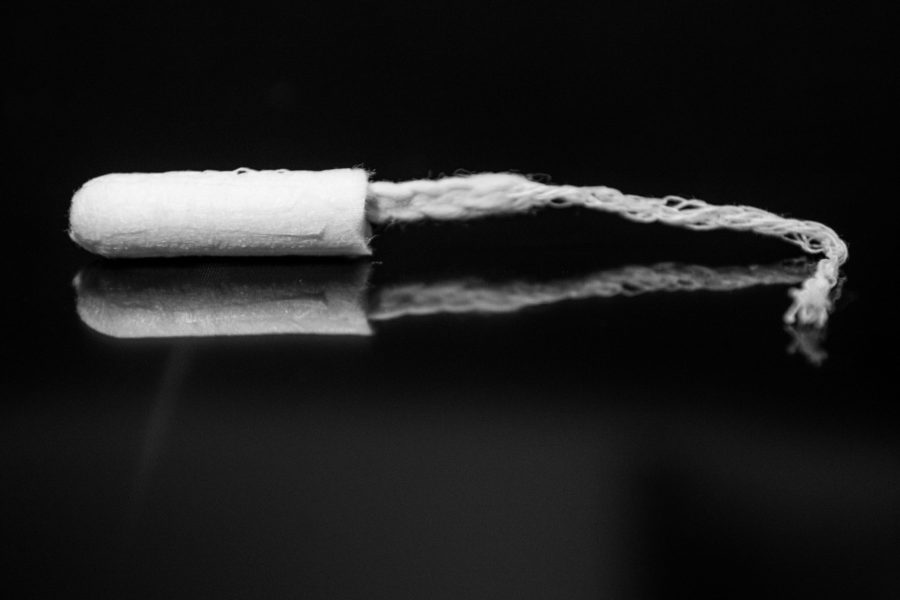For roughly a week out of every month for about forty years, women all over the world deal with painful cramps, uncomfortable bloating and mercurial moods. I know what you are thinking: that week of near-constant bleeding and emotional turmoil sounds like pure bliss, a life of luxury. No? It does not sound like luxury? Then why are pads and tampons, necessities for every woman during her period, taxed as luxury items?
Despite the fact that half of the population of the world has periods, 45 of the 50 states, including Texas, place a luxury tax on feminine hygiene products. The IRS defines luxury taxes as “taxes on expensive, nonessential items.” Ask any woman in the world if she thinks pads and tampons are nonessential luxury items. You will hear a resounding no. Expensive? Yes. Nonessential? Absolutely not.
So why are these essential, female-only items taxed as luxury items; and why aren’t we hearing about it more?
For one, periods are a taboo topic in almost every culture of the world, including the United States. Although we do not force women into seclusion during their periods like some cultures do, most women in America still feel the need to hide a tampon on their way to the bathroom.
Even saying the words “tampon” or “pad” in public can make people uncomfortable.
Men are not the only ones to facilitate this taboo. The other day, I read a Facebook post about why it is inappropriate for women to talk about their periods or go swimming while on their periods—it was posted by a woman.
The taboo associated with speaking about periods is a problem because it stigmatizes an involuntary bodily function that most woman in the world have. It, intentionally or not, stigmatizes half of the world’s population. This stigma is why the luxury tax on feminine hygiene products has been ignored for so long.
If society makes us feel uncomfortable even talking about our periods, how could we notice that they are being unfairly taxed?
According to NPR (National Public Radio), opponents of taking the luxury tax off of tampons and pads argue that “hygienic items used exclusively by one gender shouldn’t be exempt because it would require the re-configuring of state tax codes.” The tax is not biased against women, they say. State tax laws are intricate and complicated, so removing the tax on feminine products would be more trouble than it is worth.
If items used exclusively by one gender should not be tax exempt, why is Viagra, a drug used exclusively by males to help with erectile dysfunction, not taxed in many states?
According to Mayo Clinic, the number one complication caused by erectile dysfunction is an unsatisfactory sex life. How, in any way, can an item that spices up a man’s sex life be considered more essential than items that women have to use every month?
Society tries to tell us that women have gained equality: We can vote, own property and get divorced. What more could we want, right?
The tampon tax, as it is now being called, is one example of how gender inequality is still a topic of issue; we are shamed into being silent about our periods, a fact of our biology, and are taxed for it.
Consider this a call to arms: let us fight for the right to talk about our periods and speak against the tax on tampons.












